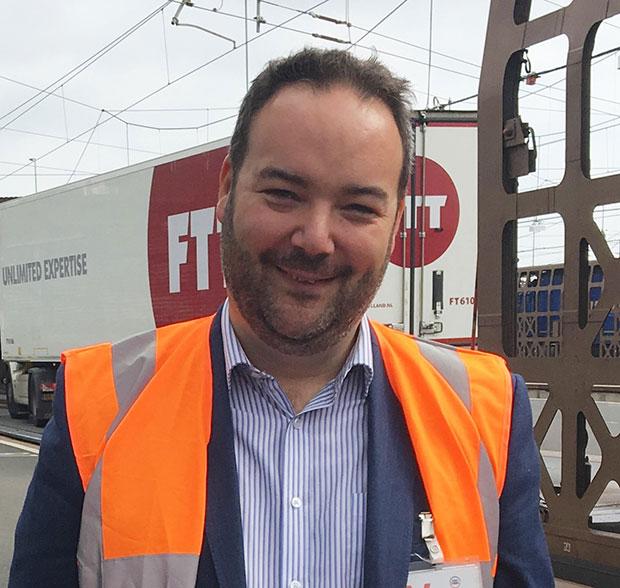Throughout the world, the impacts of climate change are obvious. In a world at war, battling recession and recovering from a pandemic it may not seem like it, but preparing for and responding to climate change is the underpinning factor shaping the future of our economy and society. For cold chain it is our biggest threat, but also the greatest source of opportunity. Accepting this fact is the first step to business success for the next generation and the one after that.
 The threats are easy to map. The cost pressures, regulatory scrutiny and looming deadlines we see today will be nothing compared to the changes to come in the late 2020s and 30s. We must also play close attention to the changing expectations of customers, especially young consumers. Thankfully there is lots of cause to be optimistic about the pace of innovation across warehousing, transport and data management needed for the cold chain to successfully embrace the future.
The threats are easy to map. The cost pressures, regulatory scrutiny and looming deadlines we see today will be nothing compared to the changes to come in the late 2020s and 30s. We must also play close attention to the changing expectations of customers, especially young consumers. Thankfully there is lots of cause to be optimistic about the pace of innovation across warehousing, transport and data management needed for the cold chain to successfully embrace the future.
The ongoing energy crisis has focused minds on the need to use less power. The expectation of using energy efficiently is going to get exponentially more demanding as the milestones in the road to net zero carbon come upon us. Regulations will bite but it is cost that will really drive action. While the Energy Bill Relief Scheme has been vital over the past six months, the huge reduction in support from April 2023 is a clear message from Government that bringing energy bills down in any significant way will need to be achieved through businesses improving their efficiency.
On our roads, the direction of travel is towards greater restrictions on diesel-powered fridges, through for example ULEZ (Ultra Low Emission Zones). And across industrial refrigeration, the changes to EU F-Gas rules have significant implications too.
It’s not all going to be the hard stick of cost and regulation, there will be carrots too. Our latest Net Zero Project report identified profitable new opportunities for cold chain operators at the forefront of the UK’s energy transformation. Demand for cold chain services is growing and our industry will be even more crucial in tackling food waste. And investing in energy efficient, low carbon facilities and equipment can minimise costs, improve resilience and help secure new business.
A warming world will mean changes to operating conditions too. To adapt to new approaches to delivering cold chain, businesses will need the right strategies, the right infrastructure and people with the skills to plan and deliver in a net zero world. Our Cold Chain Climate Summit on 15th March 2023 at The Slate, Warwick Conferences will be a great opportunity to hear the latest expert insights into the changes we can expect to experience, the technologies coming to the fore, and how global leaders in our industry are planning for the future. All Cold Chain Federation member companies are entitled to one free ticket and additional tickets can be purchased, visit www.coldchainfederation.org.uk/events/cold-chain-climate-summit-2023 for more information.




Comments are closed.